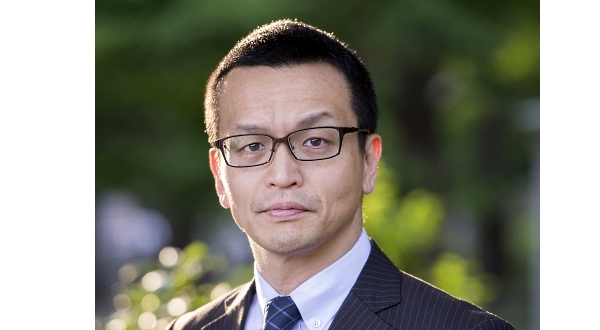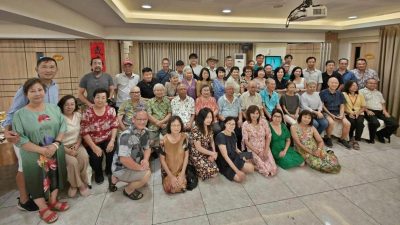
By Associate Professor Atsuhito Isozaki
The Fifth Plenary Meeting of Seventh Central Committee of the Workers’ Party of Korea was held on December 28 through December 31. It was the first time since 1990 that the Plenary Meeting was held over four days. This implies that North Korea faces difficulties equal to those it confronted at the end of the Cold War. In North Korea, the contents of the Plenary Meeting were widely reported, in place of the usual New Year Address.
Kim Jong Un delivered a lengthy address and clearly stated, "There is no ground for us to get unilaterally bound to the commitment any longer," strongly criticizing the United States for failing to suspend joint military drills with South Korea.
On that basis, he countered the United States by declaring, "We should more actively push forward the project for developing strategic weapons." North Korea’s neighbors have real reason to be concerned that experimental tests for a "new strategic weapon" will be conducted in the months ahead.
However, given that Kim Jong Un did not criticize President Trump by name and said in his address, "The scope and depth of bolstering our deterrent will be properly coordinated depending on the US future attitude to the DPRK," it is possible to interpret his statement as not actually ruling out the possibility of negotiating with the United States, with his sights set on the US presidential elections scheduled for late this year.
In other words, it seems unlikely that North Korea will cross the red line of returning to nuclear and ICBM tests in the near future, although Kim is certainly taking a tough stance against the United States domestically and internationally.
Kim defined the confrontation between the United States and North Korea by saying, "The key front in the offensive for a frontal breakthrough today is the economic front." He also said that the confrontation can be summarized as a "confrontation between self-reliance and sanctions." This means that Kim has built the logic that the key element of relations between the United States and North Korea is to show that self-reliance, or self-sufficiency, will nullify economic sanctions, instead of engaging in military confrontation as is generally said.
Kim has also made clear his recognition that economic sanctions will not be lifted in the immediate future. That is why North Korea has no choice but "self-reliance," with its policy of doing everything it can by utilizing its production potential remaining unchanged. Because only past policies are repeated in other parts of his address, it is difficult to identify new policies. In addition, he made no reference to the National Economic Development Strategy (2016–2020) which should be in its final year in 2020.
The above is a rough outline of the "new way" that North Korea has been signaling since last year. It seems to be surprisingly restrained.
In terms of external relations, the report of the Plenary Meeting only touched on the United States and mentioned nothing about the relationship between South and North Korea, which had been emphasized in the New Year Address 2018 and 2019. In other words, it probably suggests that North Korea has to achieve a "frontal breakthrough" in its relationship with the United States on its own because it feels it cannot count on ROK President Moon Jae-in, who watches out only for the United States after all, despite his slogan "On our own as a nation."
Meanwhile, President Trump simply keeps repeating that I "got along with Kim" and that "I think he’s a man of his word." Although it is difficult to predict whether the United States and North Korea will remain in a deadlock or whether the United States will make a concession because President Trump wants a result to take to the presidential election, North Korea itself is ready to accept a protracted battle.
In that case, it is logical that North Korea will seek understanding from China and Russia so that the economic sanctions will be substantively relaxed. In fact, commands have been issued to mount a diplomatic offensive.
However, any expression suggesting the possibility of dialogue with Japan was entirely absent from Kim’s address. Kim insisted that "we can never sell our dignity" while acknowledging, "It is true that we urgently need an external environment favorable for economic construction." We should think that a means to break the deadlock in relations with the United States through a third country is not assumed by Kim Jong Un, given that emphasis is placed on a frontal breakthrough and dignity.
(Atsuhito Isozaki is Associate Professor at Keio University, Japan)
ADVERTISEMENT
ADVERTISEMENT


































